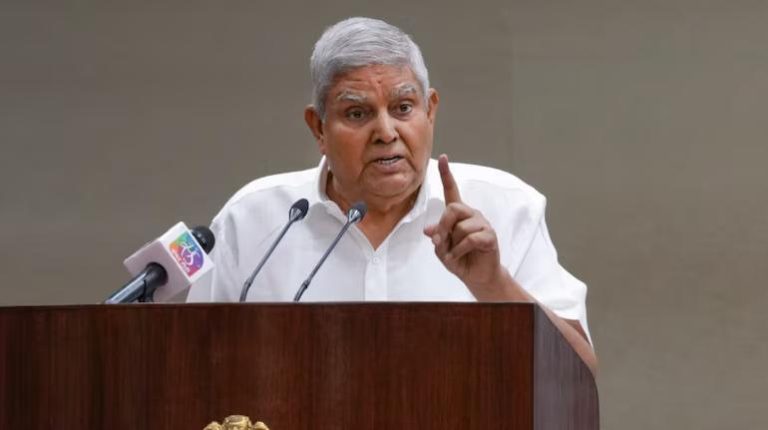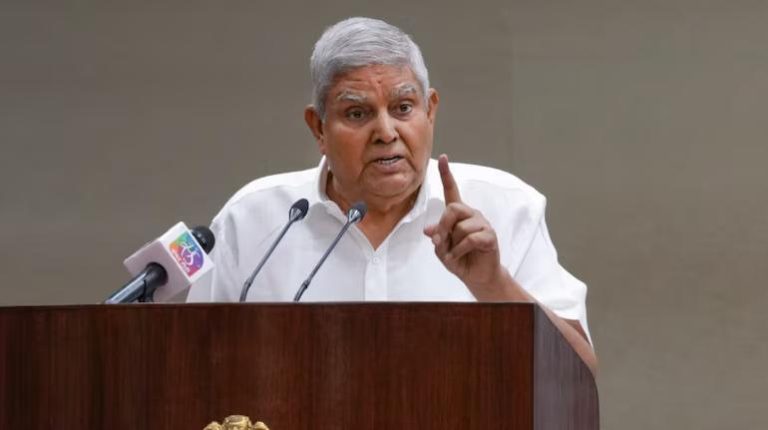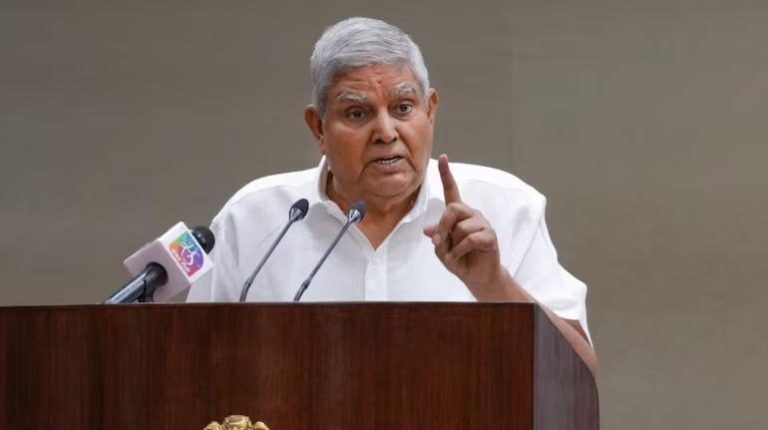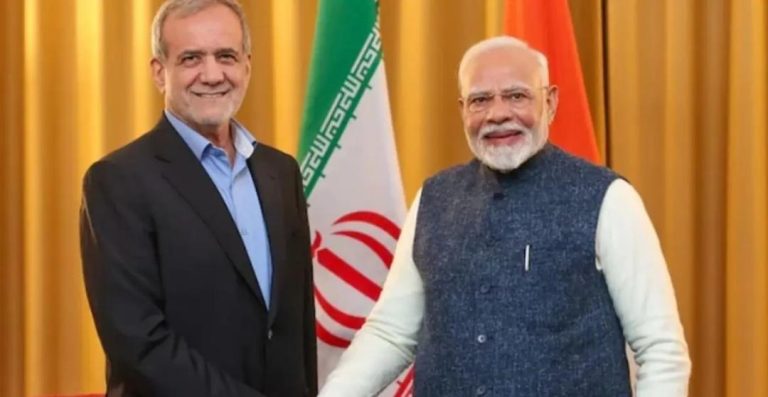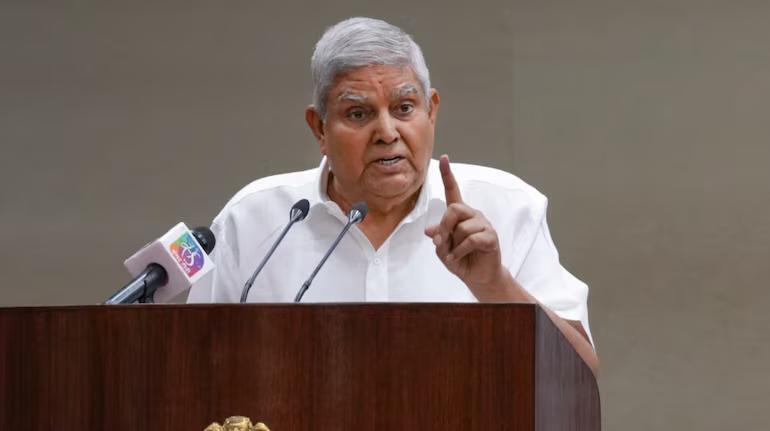
Terrorism is a Global Menace: Vice President Jagdeep Dhankhar Condemns Pahalgam Terror Attack
The recent terror attack in Pahalgam, Jammu and Kashmir has sent shockwaves across the country, leaving a trail of death and destruction in its wake. At least 26 people have been killed in the attack, which is a stark reminder of the devastating impact that terrorism can have on innocent lives. In the aftermath of this heinous act, Vice President Jagdeep Dhankhar has joined the nation in condemning the attack and emphasizing the need to tackle terrorism as a global menace.
In a statement, Vice President Dhankhar expressed his profound grief and outrage at the attack, saying, “I join the nation in expressing profound grief and outrage at the heinous attack in Pahalgam that claimed innocent lives. It is a reminder that terrorism is a global menace.” His words are a powerful reminder of the need for collective action to combat terrorism, which has become a major threat to global peace and stability.
The Pahalgam attack is just the latest in a long line of terrorist incidents that have plagued India in recent years. From the Pulwama attack in 2019 to the recent violence in Kashmir, terrorism has become a persistent and deadly threat to Indian lives. The fact that such attacks continue to occur is a testament to the complex and multifaceted nature of the problem.
Terrorism is a global phenomenon that knows no borders or boundaries. It is perpetrated by groups and individuals who are driven by a twisted ideology that seeks to spread fear and chaos. But it is also fueled by a range of factors, including political instability, economic inequality, and social marginalization.
In the case of the Pahalgam attack, it is still unclear who was responsible. However, investigators are working to identify the perpetrators and bring them to justice. Meanwhile, the government has launched a crackdown on terrorist groups and has increased security measures in the region.
Despite the challenges posed by terrorism, it is essential that we do not give in to fear and hatred. Instead, we must work together to combat this global menace and promote peace and understanding. This requires a sustained and coordinated effort from governments, civil society organizations, and individuals from all walks of life.
One of the key challenges in combating terrorism is the need to address the root causes of radicalization. This requires a comprehensive approach that addresses issues such as poverty, inequality, and social exclusion. It also requires a commitment to promoting education, tolerance, and understanding.
In addition to addressing the root causes of radicalization, it is also essential to strengthen international cooperation and coordination. Terrorism is a global problem that requires a global response. This means working with other countries to share intelligence, coordinate law enforcement efforts, and prevent the spread of terrorist ideologies.
The Pahalgam attack is a stark reminder of the devastating impact that terrorism can have on innocent lives. It is also a reminder of the need for collective action to combat this global menace. As Vice President Dhankhar said, “Terrorism is a global menace that requires a global response.” Let us work together to promote peace, stability, and security for all.
In conclusion, the recent terror attack in Pahalgam, Jammu and Kashmir is a tragic reminder of the devastating impact that terrorism can have on innocent lives. It is also a reminder of the need for collective action to combat this global menace. As Vice President Dhankhar has said, “Terrorism is a global menace that requires a global response.” Let us work together to promote peace, stability, and security for all.
